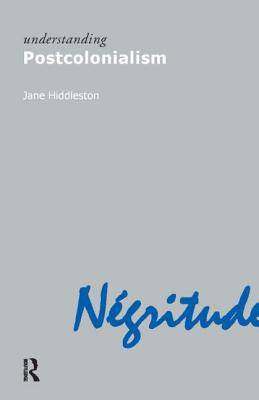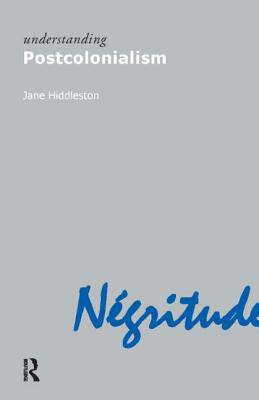
Je cadeautjes zeker op tijd in huis hebben voor de feestdagen? Kom langs in onze winkels en vind het perfecte geschenk!
- Afhalen na 1 uur in een winkel met voorraad
- Gratis thuislevering in België vanaf € 30
- Ruim aanbod met 7 miljoen producten
Je cadeautjes zeker op tijd in huis hebben voor de feestdagen? Kom langs in onze winkels en vind het perfecte geschenk!
- Afhalen na 1 uur in een winkel met voorraad
- Gratis thuislevering in België vanaf € 30
- Ruim aanbod met 7 miljoen producten
Zoeken
Omschrijving
Postcolonialism offers challenging and provocative ways of thinking about colonial and neocolonial power, about self and other, and about the discourses that perpetuate postcolonial inequality and violence. Much of the seminal work in postcolonialism has been shaped by currents in philosophy, notably Marxism and ethics. "Understanding Postcolonialism" examines the philosophy of postcolonialism in order to reveal the often conflicting systems of thought which underpin it. In so doing, the book presents a reappraisal of the major postcolonial thinkers of the twentieth century.Ranging beyond the narrow selection of theorists to which the field is often restricted, the book explores the work of Fanon and Sartre, Gandhi, Nandy, and the Subaltern Studies Group, Foucault and Said, Derrida and Bhabha, Khatibi and Glissant, and Spivak, Mbembe and Mudimbe. A clear and accessible introduction to the subject, "Understanding Postcolonialism" reveals how, almost half a century after decolonisation, the complex relation between politics and ethics continues to shape postcolonial thought.
Specificaties
Betrokkenen
- Auteur(s):
- Uitgeverij:
Inhoud
- Aantal bladzijden:
- 224
- Taal:
- Engels
Eigenschappen
- Productcode (EAN):
- 9781844651610
- Verschijningsdatum:
- 1/03/2009
- Uitvoering:
- Paperback
- Formaat:
- Trade paperback (VS)
- Afmetingen:
- 137 mm x 211 mm
- Gewicht:
- 272 g

Alleen bij Standaard Boekhandel
+ 108 punten op je klantenkaart van Standaard Boekhandel
Beoordelingen
We publiceren alleen reviews die voldoen aan de voorwaarden voor reviews. Bekijk onze voorwaarden voor reviews.









